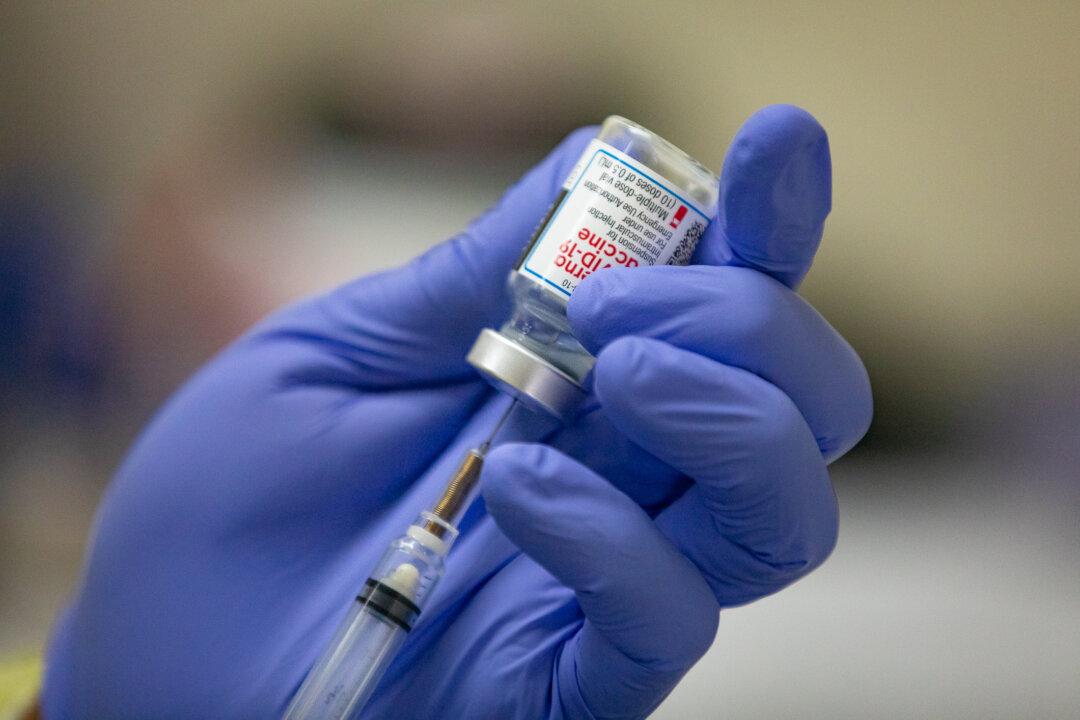SANTA ANA, Calif.—Orange County’s COVID-19 hospitalizations finally fell below 300 after two months, as weekly averages posted Sept. 28 showed more encouraging news in a slowdown of the Delta variant-fueled summer surge.
The county’s weekly case rate per 100,000 residents improved from 11.3 to 9.7, while the positivity rate fell from 3.7 percent to 3.4 percent. The county’s Health Equity Quartile positivity rate—which measures progress in low-income communities—dropped from 4.2 percent to 3.8 percent.





